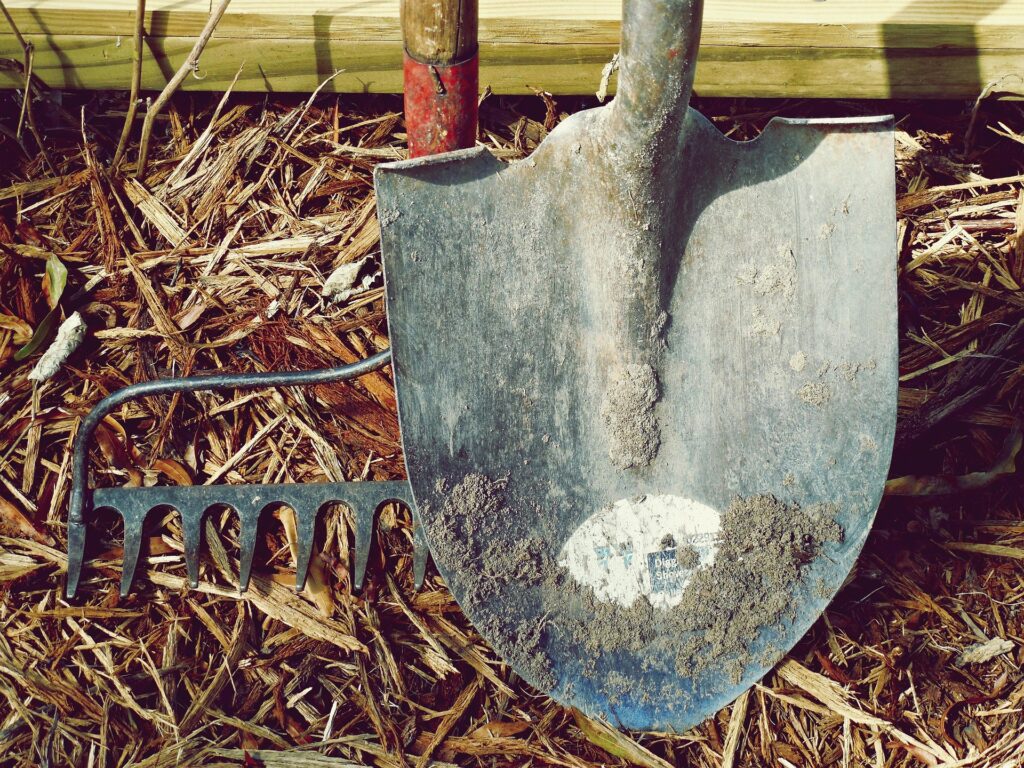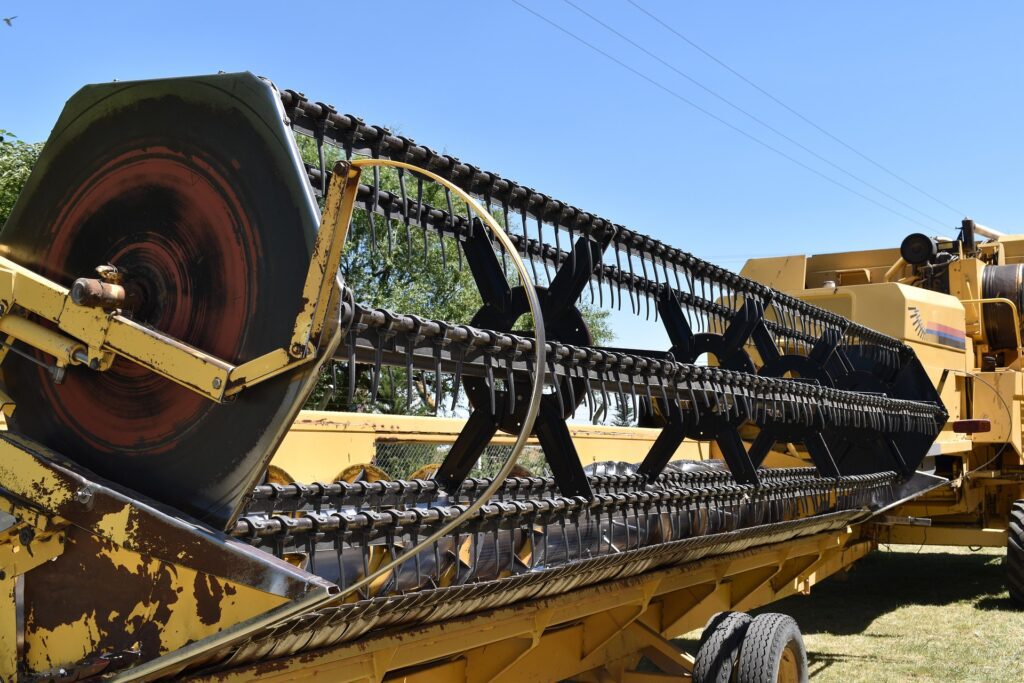Table of Contents

Introduction
Organic farming tools is much more than a cultivation method; it’s a movement that prioritizes health, sustainability, and harmony with nature. As the world becomes increasingly eco-conscious, organic farming has emerged as a solution to combat the environmental impact of conventional agriculture. But the backbone of organic farming lies in its tools—both traditional and modern—which ensure that the process remains efficient, sustainable, and productive.
The tools used in organic farming are not just implements; they are enablers of success. These tools enhance productivity while minimizing labor and time investment. On a personal level, they bring physical ease and mental satisfaction. Professionally, they open doors to higher yields, market relevance, and economic stability. In this blog, we will explore how organic farming tools pave the way to both personal fulfillment and professional success.
2. Understanding Organic Farming Tools
Definition and Importance
Organic farming tools refer to the equipment and implements designed specifically for sustainable agricultural practices. Unlike conventional tools that may support chemical-intensive farming, these tools help maintain soil health, promote biodiversity, and adhere to eco-friendly practices.
Categories of Tools
Organic farming tools can be categorized into three main types:
- Manual Tools: Hand tools like hoes and trowels for small-scale farming.
- Mechanized Equipment: Tools like compost turners and seeders for larger operations.
- Technological Tools: Innovations such as drones, soil monitoring sensors, and solar-powered machinery.
Eco-Friendly Features
These tools are often designed to minimize environmental impact, such as reducing energy consumption or replacing harmful synthetic chemicals with natural processes.


3. Benefits of Using Organic Farming Tools
a. Personal Benefits
- Health Improvement: Ergonomically designed tools reduce physical strain and enhance farmer well-being. They also support the cultivation of healthier, chemical-free crops for personal consumption.
- Mental Satisfaction: Using eco-conscious tools fosters a sense of responsibility and fulfillment. There’s a deep emotional reward in knowing your efforts contribute to environmental preservation.
- Time Efficiency: Modern tools save hours of labor, allowing farmers to achieve better work-life balance.
b. Professional Benefits
- Enhanced Productivity: Organic farming tools help boost crop yields by improving efficiency and precision in tasks like planting, watering, and harvesting.
- Economic Savings: While the initial cost of high-quality tools might be significant, their long-term durability and reduced reliance on external inputs lead to substantial savings.
- Market Competitiveness: Meeting the rising demand for organic produce helps farmers secure a strong market position.
4. Essential Organic Farming Tools
a. Hand Tools for Small-Scale Farming
- Examples: Hoes, spades, trowels, weeders, and pruning shears.
- Advantages:
- Low-cost and easy to maintain.
- Ideal for precision work in gardens and small plots.
- Impact: Hand tools allow farmers to maintain better control over their crops and minimize soil disturbance.
b. Mechanized Equipment for Larger Operations
- Examples: Compost turners, seeders, plows, and drip irrigation systems.
- Advantages:
- Reduces labor intensity.
- Supports larger-scale operations without compromising organic standards.
- Impact: Mechanized tools enable farmers to manage extensive farmland while maintaining sustainability.
c. Modern Technological Tools
- Examples:
- Soil Monitoring Sensors: Analyze soil health to optimize crop selection.
- Drones: Monitor crop health and detect pests efficiently.
- Solar-Powered Machinery: Reduces reliance on fossil fuels, promoting eco-friendliness.
- Advantages:
- Data-driven decisions for better outcomes.
- Enhanced sustainability and precision.
- Impact: Technology in organic farming brings innovation and scalability to the forefront, ensuring long-term success.


5. Impact of Organic Farming Tools on Success
a. Personal Growth
Organic farming tools foster physical and emotional well-being. Farmers often find joy in using tools that align with their values of sustainability. Additionally, the problem-solving and creativity required to optimize tool usage encourage personal development.
b. Professional Achievement
- Brand Building: Using organic tools and methods enhances credibility, attracting eco-conscious consumers.
- Sustainability Goals: Tools help farmers meet global sustainability standards, earning certifications that boost market value.
- Efficiency Gains: With the right tools, farmers can manage operations more effectively, leading to higher profits and better resource utilization.
6. Challenges in Adopting Organic Farming Tools
- High Initial Costs: Modern and mechanized tools often require significant upfront investment.
- Skill Requirements: Learning to operate and maintain certain tools can be challenging for those new to organic farming.
- Accessibility: Farmers in rural or remote areas may struggle to access advanced tools.
- Maintenance: Regular upkeep is essential to ensure tool longevity, which can be a time-consuming process.
7. Solutions to Overcome Challenges
a. Financial Assistance
Governments and NGOs offer subsidies, grants, and low-interest loans to support the adoption of organic farming tools. Farmers should actively explore these resources.
b. Community-Based Approaches
Sharing tools within farming cooperatives can reduce costs and promote collaboration. Pooling resources allows farmers to access high-end tools without bearing the full financial burden.
c. Training Programs
Workshops and online resources can help farmers develop the skills needed to use advanced tools effectively.
8. Real-Life Success Stories
Case Study 1: A Small-Scale Farmer in India
Ravi Sharma, a farmer from Maharashtra, transformed his small plot into a thriving organic farm using hand tools and a compost turner. The tools reduced his dependency on expensive chemical fertilizers, improving both his income and soil health.
Case Study 2: A Family Farm in the USA
The Johnson family adopted drones and soil sensors to manage their organic farm. By identifying pest issues early and optimizing irrigation, they increased their yield by 20% in one season.
Case Study 3: Community Farming in Africa
A cooperative in Kenya invested in a solar-powered irrigation system, drastically improving water efficiency and crop yields. This tool-sharing model benefited the entire community economically and environmentally.


9. Practical Steps for Farmers to Adopt Organic Farming Tools
- Start Small: Begin with essential hand tools and gradually scale up as your farming operations expand.
- Seek Guidance: Learn from experienced organic farmers or attend training sessions.
- Leverage Community Support: Collaborate with local farming groups for shared resources and knowledge.
- Invest Wisely: Research tools carefully to ensure they meet your needs and offer long-term value.
10. Conclusion
Organic farming tools are the cornerstone of sustainable agriculture. They empower farmers to enhance productivity, reduce environmental impact, and achieve personal and professional success. From simple hand tools to cutting-edge technological solutions, these implements are instrumental in transforming farming practices for the better.